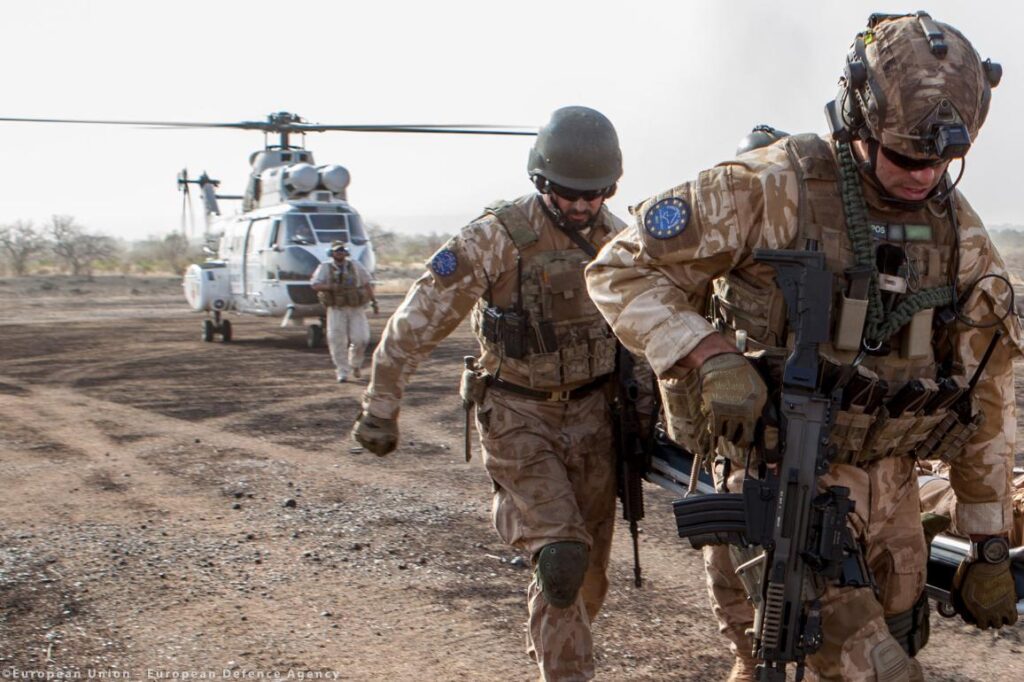Europe is “years away” from having the kit, personnel and supply chains to defend Ukraine, The Times warns, despite “bold talk” of protecting it. The paper says the continent “wholly lack[s] the means” to protect Kyiv’s territory, leaving it unable to credibly demand a role in the upcoming Trump–Putin summit in Alaska, which will take place with little or no European participation.
“Had Europe better invested in defense, it might be able to argue for some role in Alaska,” the editorial says. “The bald fact is that Europe is not credible.”
Europe lacks strength to shape or enforce peace
Even if Europe remains diplomatically united, The Times argues it “lacks the strength to back Kyiv in negotiating favourable terms… or enforcing a ceasefire.” Without sustained US backing, “its war effort will buckle.”
Reliance on US support
Instead of leading, Europe depends on American weapons, intelligence, and political will. US Vice-President JD Vance told Fox News that Americans are “sick” of paying for foreign wars and Washington is “done funding” Kyiv.
“If you care so much about this conflict,” he said, “you should be willing to play a more direct… substantial way in funding this war yourself”.
Coalition plan stalls
British Prime Minister Sir Keir Starmer’s aim for a 64,000-strong “coalition of the willing” has faltered. The Times says “gathering a coalition of even 10,000 soldiers would be difficult… reaching 25,000 might be possible at a stretch.”
President Volodymyr Zelenskyy has argued that 200,000 troops are needed to counter Russia’s 800,000-strong army. Lithuania’s defence minister Dovile Sakaliene warned: “If we can’t even raise 64,000 that doesn’t look weak — it is weak.”
“It is notable,” the paper writes, “that Poland… has declined to participate in any coalition.”
Spain and Italy have also refused; Finland fears deployments would “dilute” its own border defences; Estonia may send only a company-sized unit. The Kremlin has warned that any Western troops could “trigger a new world war.”

Aid totals mask dependence
In June, The Times reports, Europe overtook the US as Ukraine’s biggest donor of military aid — about €72 billion (roughly $78 billion) compared with the US’s $65 billion (around €60 billion). But “much of Europe’s aid finances the purchase of US-made weapons,” underscoring its dependence.
Zelenskyy has said “less than 30%” of Ukraine’s arms come from Europe, with “about 40%” from the US and a third produced domestically.
The EU’s €800 billion Readiness 2030 plan to modernise forces is, according to The Times, “too late for playing a credible role in the future of Ukraine.”
Urgent editorial warning
In its editorial, The Times accuses Starmer of focusing “too much on words instead of investment plans” and calls for urgent increases in defence spending. Quoting Stalin’s remark about the Vatican’s lack of “divisions,” it warns that Putin may look towards Europe and “raise the same smug question”:
“The best day to invest in defense was yesterday, the second best is today.”




